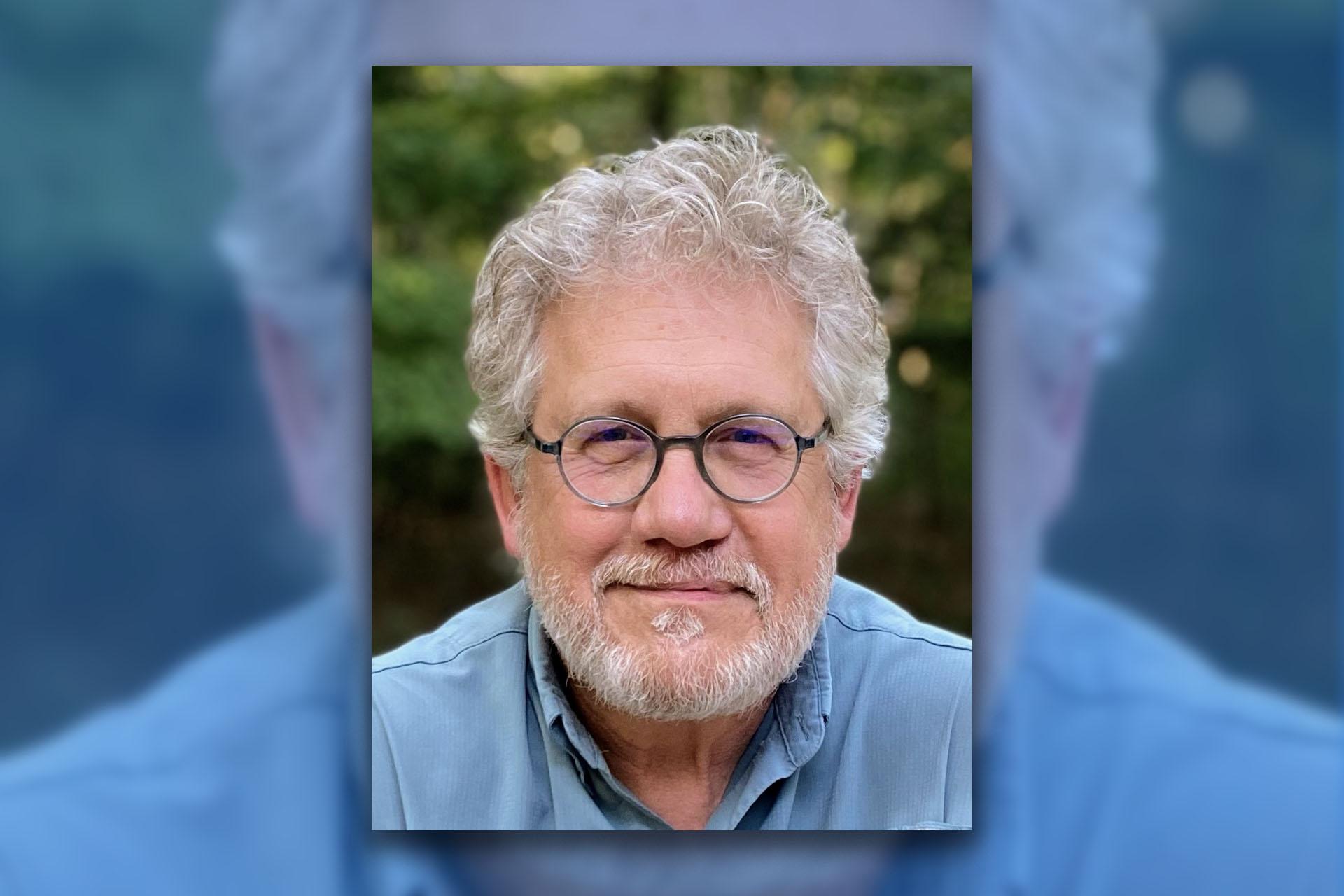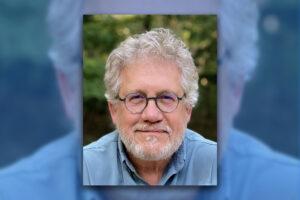Memorial Day
Finding your suitable match must be
something like finding happiness—
an out-of-the-corner-of-the-eye
kind of thing, killed
if you try too hard
at all. It must be, because
I’ve killed a few myself,
trying so hard I’ve often died.
Then those little deaths gather
for a little convention
over the three-day weekend, saluting
the limpid white flag you carry
in the Parade of Failures and teasing
graveside toasts to your attempts.
All you wanted was reunion,
your Aristophanic better half,
and to release the pressure
on your own weary one,
weary, it turns out, from trying.
If it had only known not to try
till it always died
it may have found its wholeness
in a repose supposedly
unsupposed to be noticed.
Personal Archeology
Imagine the graphable shifts
in your own self-civilization
from proud, young hunter
to calculating gatherer
to steady cultivator: industrious
over worker of your fragile
inner child. And notice
those thin but alarming layers
in your sedimentary record,
the relative moments indicating
odd breakthroughs, beneficial
mutations, weathered disasters—
in my case, that sudden thaw
of marital ice, the one that displaced
my psychic shoreline inland
hundreds of miles, submerging
remnants of a domestication
I’d survived in ignorant
and therefore precarious peace.
Any trained observer could write up
the reports, even poems
on the highlights. Why, I can recount
all kinds of particular days
like geological calamities:
when my grandfather died
and his wrist watch stopped
on the minute he hung his screaming arm
over the gunwale at the Red Umbrella Inn;
the first time I got drunk, so sick
on a buddy’s dad’s secreted liquor
I thought my life would spin forever
out of control; my wedding
when I served the wine, played crazy
blues harmonica and scatted us
on our merry married way;
the divorce.
So why, you may now want to know,
can’t I recall the eons in between,
those thick, bland strata,
those uniformly-striped piles of years
on years when nothing noteworthy
seems to have happened
but wherein must have developed
the insidious disintegrations,
and wherein I must have lived
over twenty thousand of my give-or-take
twenty thousand five hundred days?
Couldn’t Be Happier
How do I know I don’t need what I want?
I don’t have it.
—Byron Katie, Loving Reality
I couldn’t be happier, I’m saying
to myself this damp gray day,
late April, forsythia blazing anyway
across the street, rain dripping
from the porch roof eave, because
I’m not. Likewise, nine thousand
additional dollars aren’t called for
against the latest unexpected expenses
since they aren’t showing up, and thanks
and appreciation from the kids—hell,
from anybody—obviously aren’t in order:
none’s coming in. How do I know that
nobody should know that melancholy’s
returned? Nobody knows. And who
was ever supposed to think that shredded
shingles, general meanness, governmental
homicides, and this next pandemic shouldn’t
have appeared? They’re here! This drove
François-Marie Arouet de Voltaire nuts:
reality daring to define what’s real, this
best of all possible worlds, happiness
with what is. Try telling that to all
the bloody survivors, the skeletal ones
with victim mentalities who make
the nightly news do-able, the imbeciles,
like us, who can’t see the bigger picture.
Next thing you know they’ll be wanting
water, nutrients, UN intervention, still
not comprehending if they don’t have it
they don’t need it. Next thing you know
they’ll all be challenging reality.
D. R. James, retired from nearly 40 years of teaching college writing, literature, and peace studies, lives with his psychotherapist wife in the woods near Saugatuck, Michigan. His latest of ten collections are Mobius Trip and Flip Requiem (Dos Madres Press, 2021, 2020), and his work has appeared internationally in a wide variety of anthologies and journals.





